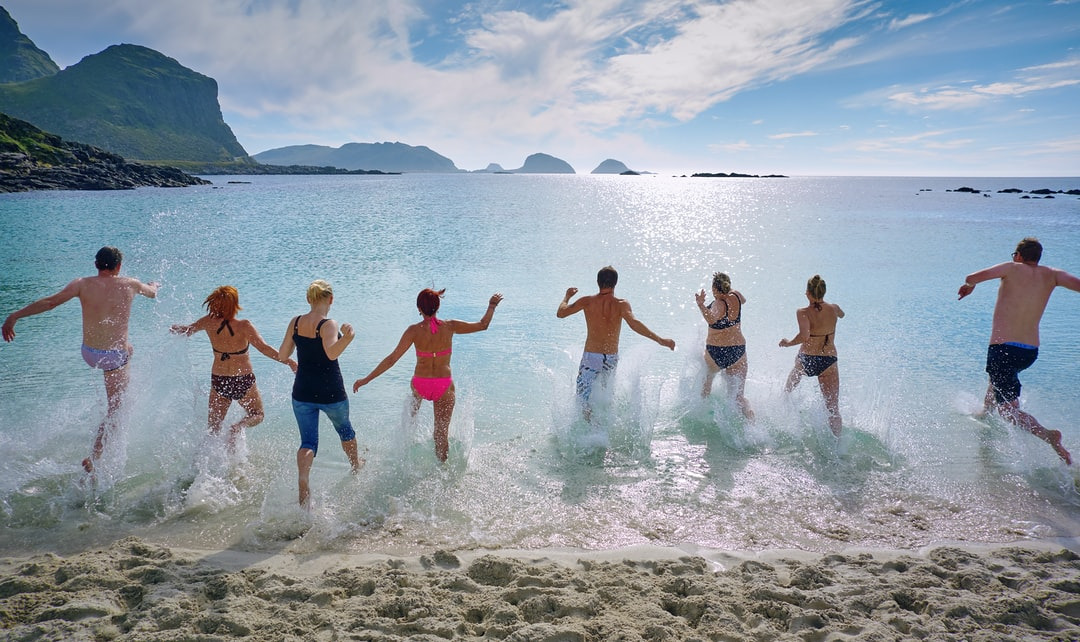
Spring break is rapidly approaching. Schools and universities will be closed, and many adults will take time off work to spend time with their children out of school. For most people, spring break is a time for fun and celebration. It is a time to kick back, relax and take a break from the pressures and responsibilities of work and school. Spring break can pose a challenge to people in recovery trying to abstain from substances, yet with a solid relapse prevention plan, spring break can be enjoyed while staying sober. Maybe you are not in recovery, but spring break and the freshness and renewal of spring have you considering it. Effective treatment is available anytime.
How did the tradition of spring break begin?
The idea of college students celebrating spring break began with a swim event in Fort Lauderdale, Florida, in 1938. However, thanks partly to the book “Where the Boys Are,” the 1960s are when students started flocking to Fort Lauderdale. Local businesses took advantage of this by offering deals on alcohol. Fort Lauderdale earned the nickname Fort Liquordale and, until recently, was the go-to place for students to spend spring break. However, the crackdown in Fort Lauderdale did not stop spring breakers from partying. Since many college students travel during spring break with the intent to engage in excessive alcohol use, these students have just found other places to drink like Panama City Beach, Daytona Beach, Cabo, and even Las Vegas. According to research, 42% of students get drunk on at least one day during spring break, and 11% drink to the point of passing out.
Spring Break is not just a time for students looking to party. Adults with elementary and high school children often take off work to attend family functions travel out of town on vacation. However, even these seemingly “tame” events can trigger urges and cravings to use substances.
Ways to maintain sobriety during spring break
Whether you are a student or an adult, there are several different strategies available to help you avoid relapsing while still having a great time:
#1. Visualize upcoming situations
Staying sober during triggering times begins in your mind. It can help to start and end each day by taking time to focus on what life was like when you were using compared to life in recovery. Visualize yourself easily saying “no thank you” when offered substances and plan out how to refuse politely. This strategy could involve saying no to the alcohol and having an alternative beverage such as water, soda, tea, or coffee. Also, instead of saying or thinking “I cannot,” try thinking or saying “I do not.” For example, “I do not drink” can be more empowering than “I cannot drink.”
#2. Change your mindset
When you have quit drinking or using drugs, but the people around you are using, you may focus on what you are giving up. Instead, try to focus on everything you are gaining, like better health, freedom from the agony of hangovers or crashes, improved mood, and waking up each morning without worrying about things you said or did while you were under the influence.
#3. Bring your own beverage
If you enjoy the taste of beer, wine, or liquor, you can always bring your own nonalcoholic versions. The nonalcoholic beverage market has grown and expanded in recent years to include a wide variety of different drinks to try.
#4. Take an alternative spring break
Rather than going to a traditional party destination, you could avoid some of the temptation to drink or use drugs altogether. Just gather a few friends or family members and use the time to help others. For example, you could build homes for Habitat for Humanity or deliver meals with Meals on Wheels. If you feel adventurous, you could even volunteer to help those in need internationally. Even adults who have children on spring break can find age-appropriate service opportunities.
#5. Keep your sponsor on speed dial
Whether you are going on a family trip to a new city, camping with friends or family, or are heading to a warm, sunny beach, triggers and cravings can pop up anytime and anywhere. If that happens and you have a sponsor, step away and call them. If you don’t have a sponsor, talk to a supportive friend or family member.
#6. Make an appointment
It doesn’t matter if you are going on a trip or staying home and have different events scheduled during spring break. If you have one, it can be helpful to schedule an appointment with your therapist before leaving on your trip or before an event that you think could trigger cravings. Also, if you are on medication-assisted treatment and going on a trip, make sure you will have enough medication to last.
#7. Listen to your body
The importance of taking care of your body while in recovery cannot be overstated. When your body needs food, water, or rest, it is essential to provide it with these necessities.
Recovery is not always easy, especially during spring break, but having fun during this time and staying sober are not mutually exclusive. With preparation, planning, and support, you can do both. If a relapse does occur and you need help getting back on track with your recovery, Casa Palmera is here for you.
When on the recovery journey, there will be challenges along the way. Ironically, joyful and celebratory times like spring break can be challenging regarding sobriety maintenance. Call Casa Palmera at 855-508-0473 for more information on how we can help.



